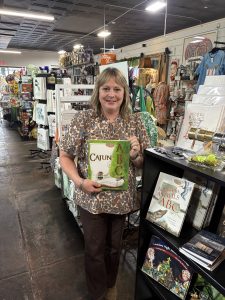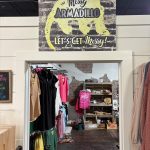James Conning, Confederate Sword Maker )y: R.E. Neville, Jr.
It is indeed appropriate, I think, that this famous old iouthern town, deeply steeped in the rich history and tra- lition of the American Civil War, or War Between the States, or Second War of Independence, or as my dear ;randmother used to say “Our Late War of Northern Ag- ;ression”, is the setting for these brief remarks about an )bscure southern shop-keeper; a transplanted New Yor- cer, if you please, whose small sword factory was so typical )f many scattered throughout the south. Though the entire ~ u t p u tof the Conning Factory was in all probability not :qua1 to the weekly production in one of the large nor- :hern establishments, Conning and his fellow makers did contribute significantly to the southern war effort.
Young Mr. James Conning, Silversmith, late of New York City, arrived in Mobile, Alabama, in late 1840 or :arly 1841. He lost no time in establishing himself in busi- less as a dealer, importer and repairer of watches,jewelry, rilver and “fancy goods of all description”. This was no mean feat for a fellow barely twenty-one years old. Conn- ~ng’soperation seems to have prospered from the start, IS the Mobile City Directories of the 1840’sand 1850’sshow In ever increasing number of clerks, jewelers and book- keepers employed at Conning’s establishment. Even Wil- liam Robertson, lithographer and master engraver, was :mployed by Conning in the mid 1850’s. The romantic ~ i c t u r eof the leather-aproned Paul Revere-like artisan tolling away in a small one man shop to produce master- pieces of American hand-wrought silver is appealing, but unfortunately quite far from the fact, as most of the pieces 3f silver bearing the Conning mark were produced in New York or other locations outside Mobile.
The Mexican War brought an intense ground swell of martial spirit to Mobile. The local militia companies drilled almost daily in the streets and grand reviews and military soirees were a weekly occurrence. T h e young gentry turned out with gusto and the Mobile newspapers gleefully reported the ceremony and pagentry of the send- 3ffs given the militiamen as they left Mobile for Mexican service.
Conning, always with an eye for things military, offered 3 wide variety of goods for the gentleman soldier and his “Military Emporium” was a bee-hive of martial activity. His ads of the period offer everything from buckles to braid. Conning himself served as Orderly Sergeant of the prestigious Washington Light Infantry.
The end of the Mexican War signaled the beginning of unparalleled prosperity for Mobile. Cotton was king and the city had the look of a boom town. Conning’s business Flourished and his establishment became a regular stop for the plantation owners along the Alabama and Tombigbee Rivers on their visits to Mobile. As the 1850’s drew to a close, Conning’s newspaper ads began to reflect an at-first
subtle change: gradually the Navy Colt and Sharps Rifle becameasmuchormoreofastockitemasthesilverservice or other so-called “fancy goods”. By late 1860Conning was advertising a complete line of military goods including buttons, braid, swords, firearms and just about anything else that the young members of the newly formed Alabama Volunteer Corps would want to give themselves just that extra bit of dash or ferocity.
The secession of Alabama and the formation of the Con- federate States of America turned Mobile into an armed camp overnight. Military companies sprang up with amaz- ing speed and the demand for arms and equipment was enough to warm the heart of any merchant. At about this time, faced with a shutoff of his supplies from the North, Conning decided to become a sword manufacturer himself.
Through the influence of his good friend Col. William A. Buck of Mobile, Conning was able to secure the services of one Jacob Faser of Macon, Mississippi. Had this happy circumstance not come about, there would have in all probability never been any swords produced in Mobile hearing Conning’s name. From here on the story of Con- ning and his sword manufacturing is the story of Jacob Faser, and this remarkable and talented man bears a much closer look.
Jacob Faser; artist, goldsmith, musician, silversmith, gunsmith, politician and sword maker: quite a few hats for one individual to wear, but surprisingly he seems to have achieved better than average proficiency in all of these fields. Faser, a German emigrant, came to the U.S. in 1828 with his family. They settled in Philadelphia and when he was old enough, Jacob apprenticed to F.W. Widmann, whose sword making activities have been so well document- ed by our esteemed fellow-member Ralph Arnold. Faser and Widmann must have been rather close, as Widmann amended his will to bequeath his pattern books and
14
certain other items to Faser. After Widmann’s death Faser worked for the Philadelphia firm of Wm. H. Hortsmann for a time, then moved to Macon, Mississippi, where he resided, working as a silversmith and gunsmith until he came into Conning’s employment.
Faser commenced work for Conning on June 28, 1861. A sword factory was established at the corner of Dauphin and Water Sts. in downtown Mobile. Fourteen workmen were employed with Faser as Foreman. The Mobile Found- ary of Parks (or Parker) and Lyons was contracted with to produce the blades, the rest of the manufacturing and assembling being carried out in Conning’s factory under the direct supervision of Faser. All patterns and tooling- up procedures were also the work of Faser. Within a matter of weeks the factory was in production, a testimony to Faser’s ability and expertise.
The relationship between Conning and Faser seems to have been stormy from the first, with the main bone of contention being money. Conning, a rather tight-fisted individual, was reluctant to compensate Faser to the extent that Faser though proper and by the end of 1862 Faser seems to have severed his ties with Conning and returned to Macon where he lived for many years, serving as Mayor of that fair city in the 1870’s.
It is my belief that most, if not all, Conning swords were
produced during the period when Faser was employed b Conning.
These then are the basic types of swords which wen produced in Conning’s Factory. Swords bearing Conning’ name which do not conform to these types fall into one o three categories. Swords of other makers have been obse.
ed bearing Conning markings. These are noted mostly c* eagle head Mexican War Period pieces. I believe that suc marks indicate a sword which was sold through Conning’ “Military Emporium”. Secondly,Conning, or at least Jacol Faser, surely produced some few one of a kind specia order pieces. Extreme care should be taken to ascertai~ if such proported swords do indeed exhibit the manufac turing characteristics of Conning’s Factory. The third an( unfortunately largest category of these non conformin; Connings is that of fakes and fabrications.
After the war Conning lost no time in re-establishin, his retail business. By the first of 1866,he had moved bacl to his old location and his ads for silver, watches and fanc: goods once again appear regularly in the local paperf Conning continued in business until his death in the earl: 1870’s. At that time the business passed to his nephew whc apparently lacked the business acument of his uncle: b: 1880 a local institution had passed from the Mobile scent forever.
Confederate Field Offirer sword by Jacob Faser, Macon, Mississippi. Made after Faser returned to Maron in late 1862.
Drawings of maker’s marks as found engraved on scabbard throats of Conning officer swords.
Conning Cavalry Saber, ser. no. 252.
Mounted Artillery Saber made under contract to State of Alabama.
Variant Conning foot officer sword. All known have very low serial numbers.
Conning Field and Staff Officers sword, ser. no. 260.
Conning Presentation Foot Officer sword ser. no. 204.

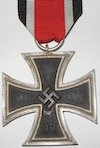 Perhaps the most famous and recognizable medal of World War II is the German Iron Cross. I’ve been a lifelong student of WWII all my life. I remember watching the hundreds of WWII films that were made in the 50s, and perhaps thousands since then, and more than one film has made reference to the Iron Cross. As a teen, I had a German couple who moved next door to my family in Dallas. He had served in the German Army as a photographer on the Eastern Front. He shared with my father and me many of the photographs he had taken. Until that moment, I did not know anything about the Eastern Front in WWII. You can see my published short story I wrote about meeting this German soldier in my blog post, “Like a Good German Soldier.” Sometime in the early 1980s, I once met a veteran in Berwick, Pennsylvania, who showed me a Luger and held an Iron Cross medal he had brought back from his service time in WWII.
Perhaps the most famous and recognizable medal of World War II is the German Iron Cross. I’ve been a lifelong student of WWII all my life. I remember watching the hundreds of WWII films that were made in the 50s, and perhaps thousands since then, and more than one film has made reference to the Iron Cross. As a teen, I had a German couple who moved next door to my family in Dallas. He had served in the German Army as a photographer on the Eastern Front. He shared with my father and me many of the photographs he had taken. Until that moment, I did not know anything about the Eastern Front in WWII. You can see my published short story I wrote about meeting this German soldier in my blog post, “Like a Good German Soldier.” Sometime in the early 1980s, I once met a veteran in Berwick, Pennsylvania, who showed me a Luger and held an Iron Cross medal he had brought back from his service time in WWII.
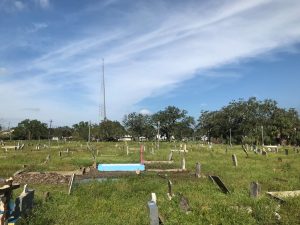
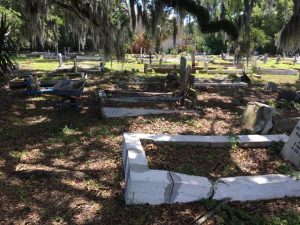

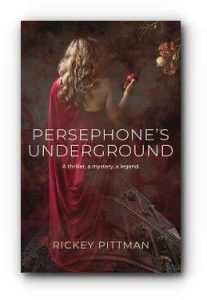
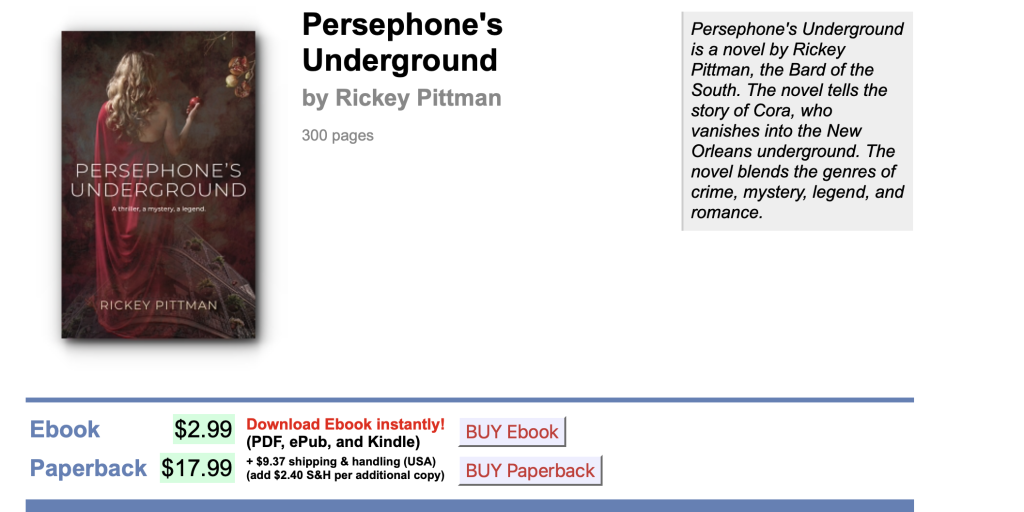
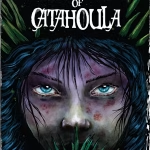

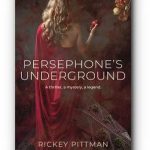 Readers who have followed my writing, know I like to use epigraphs to set tone, create a mood, or pique curiosity about the chapters that follow them. Here is a list of the epigraphs I used in the construction of this novel which is a mystery, a thriller, and references the famous legend of a goddess. I hope you willl find something in thist to help your thinking and your own writing.
Readers who have followed my writing, know I like to use epigraphs to set tone, create a mood, or pique curiosity about the chapters that follow them. Here is a list of the epigraphs I used in the construction of this novel which is a mystery, a thriller, and references the famous legend of a goddess. I hope you willl find something in thist to help your thinking and your own writing.